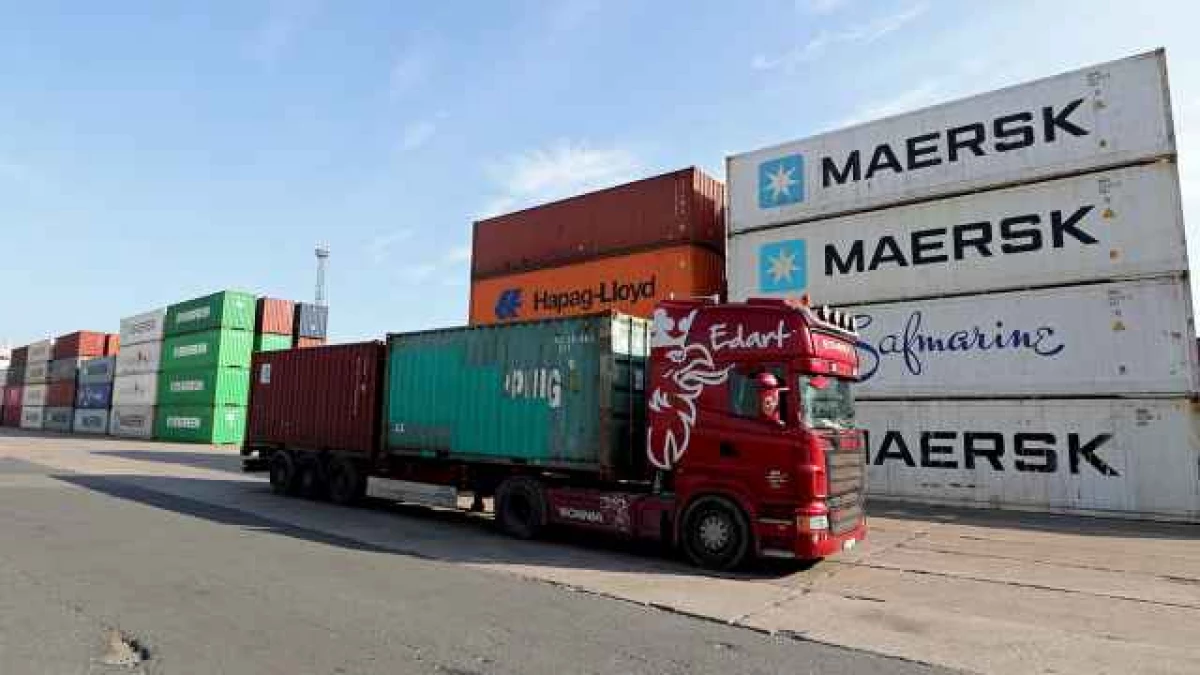
Globalization and rapid growth of world trade gave many countries opportunities for development, but in recent years the world is increasingly referring to the protection of their markets. The bad protectionism and what a trade policy of Russia should be, a professor, director of the Center for Economic and Financial Research and the Development of the Russian Economic School Natalya Volchkova in the "Economics of Economics" - a joint project of Vtimes and the Russian Economic School with the support of the Safmar Charitable Foundation. And Professor of the Higher School of Economics, the former Director of the Department of the Ministry of Economic Development, which represented Russia in negotiations on accession to the WTO, Maxim Medvedkov explains what happened with trade policy in recent years.
Natalia Volchkova:
Globalization began to slow down before the end of the pandemic, the rapid growth of trade in the second half of the 20th century brought many benefits to countries. But they could not work out a policy that would allow you to distribute this win between all members of society, and in the end, the globalization began to slow down. This resulted in the Great Britain from the EU, the US protectionist position, which led to the trade wars, which world did not see from the 30s. last century. Now the world has encountered a problem as to build global trade, especially this is important for developing countries that have not yet managed to take advantage of globalization. The pandemic also influenced the world trade - on the one hand, many countries have grabbed for protectionism, on the other hand, the pandemic showed that without the global market to cope with the crisis heavier. Now everyone will come out of the crisis itself, but using the global market.
Maxim Medvedkov on the prospects of globalization:
Countries are objectively interested not to just maintain multilateral trade, but also to strengthen it. The pandemic showed how much we depend on each other, you can try to transfer all the production to the country, and you can make a world trade system more predictable. The world will most likely go through the middle way.
Protectionism VS Liberalization
Natalia Volchkova:The attitude of Russian authorities and business to globalization has always been unstable, this is due to the historical past countries and the structure of its economy and exports. Due to the lack of a variety of industrial exports, there are no serious economic forces in Russia, which would be for the liberalization of trade with other countries, the structure of the economy is strongly shifted towards commodity products that have no problems with access to international markets. Sectors, whose goods are imported into the country, also support protectionism due to competition. And even greater rollback towards protectionism reduced the ability to use international markets for the growth of the competitiveness of domestic business.
The world has gained extensive experience of import substitution, but it is 90% negative. Successful experiments were, for example, in South Korea, but this is a specific example - the country used import substitution, focusing on exports with the support of foreign investment. Russia will not be able to repeat such an experience - import substitution prevents the redistribution of resources from inefficient industries to effective. "We create non-competitive conditions for the development of domestic production, which cannot grow in competition with overseas business in the hope that in a few years it will become more effective."
Maxim Medvedkov about what happened after joining the WTO:
And before, and after joining the WTO, Russia was not engaged in systemic protectionism. We supported the branches that needed this, but it makes the whole world - to launch the production of a new product or service without protection is almost impossible in the global market. At the same time, the customs tariff, which Russia drew into the WTO, is used only by two three, with the consent of the EurAsEC countries (the Eurasian Economic Community) we could raise it.
Friends and enemies of Russia
Natalia Volchkova:
Economic returns from Eurasian integration is small compared to what European and Asian markets can give. The markets of all EurAsEC countries are only 10-15% of the Russian market. Globalization in Europe and Asia occurs long ago, and the creation of a new partnership in Asia (in November 2020, 15 countries of the Asia-Pacific region entered there, in which China, Japan and South Korea simultaneously turned out to be the first time, talks about the serious desire to integrate in Asia . But as Russia is now fit into these markets, it is not clear, it becomes a serious problem.
Maxim Medvedkov about what should be the trading policy of Russia:
The trading policy cannot be independent, it always relies on the economic policy strategy, and while there are discussions about it, a new concept of trading policy cannot appear. The EurAsEC potential is not exhausted, but is truly limited by the borders of the Union, although Russia did not say that all the efforts of the country will be focused on the EurAsEC. It is necessary to develop other areas, and the most attractive project - the creation with the EU free economic space from Vladivostok to Lisbon.
Natalia Volchkova: growth recipes
- Maintaining production, you need to put the task immediately create international items so that the business can compete.
- Improve customs regulation and soften currency control. Russian exporters should work under the same conditions as their foreign competitors. If the Chinese manufacturer supplying goods on the same market as the Russian company, there is no currency control, it should not be from the Russian manufacturer.
- Realize the importance of imports as a source for the growth of competitiveness and non-relief exports.
- Do not put politics in chapter, forgetting about the economy.
